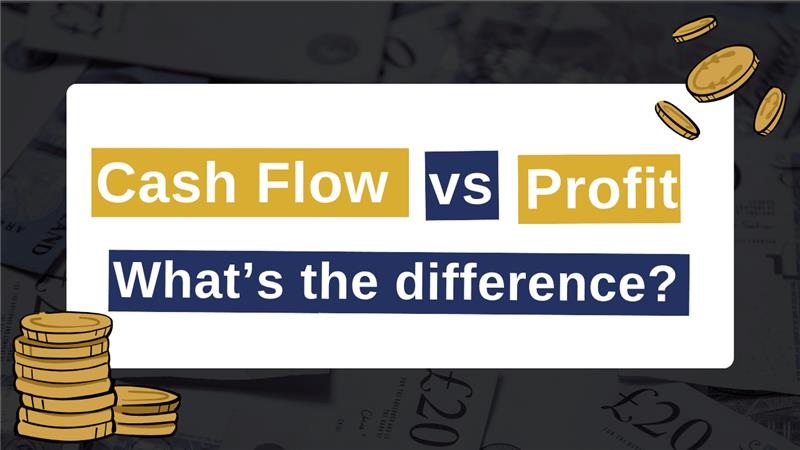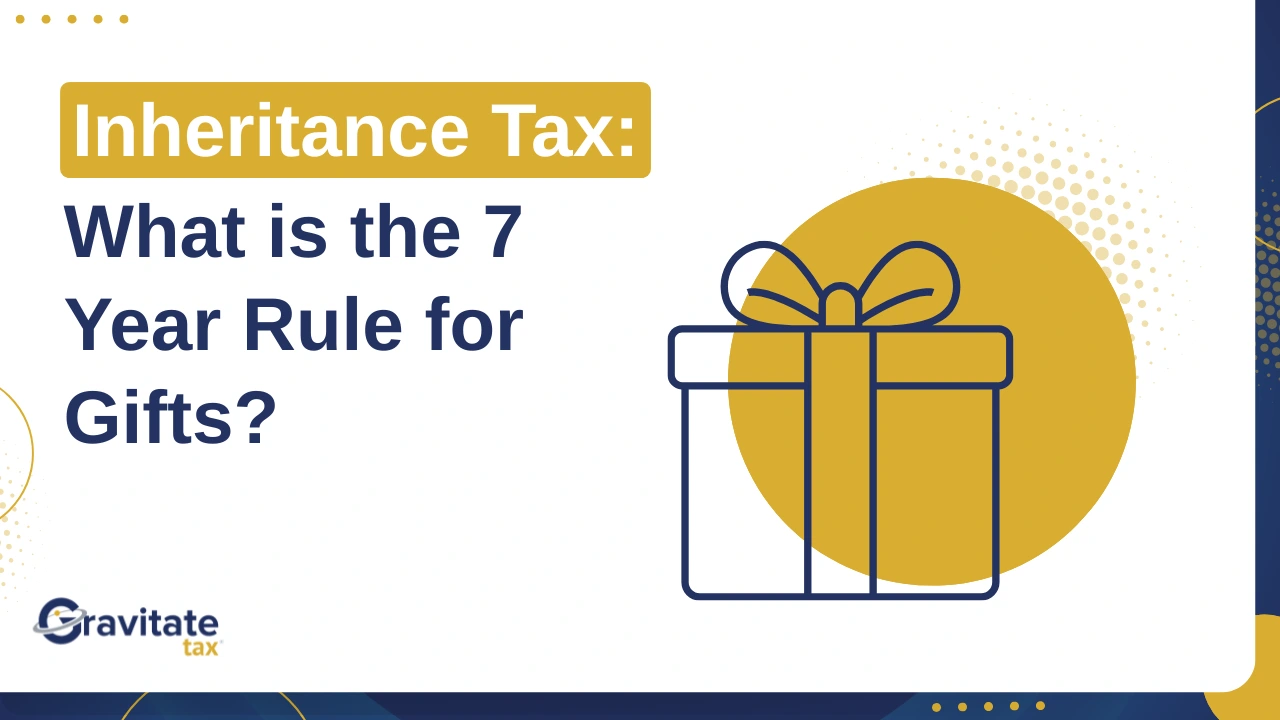You’re making a profit, but your bank balance is always low, sound familiar? Many business owners confuse cash flow and profit, but understanding both is vital to keeping your business healthy.
This blog will leave you feeling like a pro when it comes to knowing the difference between cash flow and profit.
What is Profit?
Profit, sometimes called Net Profit, can be described as what is left after subtracting all your expenses from your revenue. This does not mean theses expenses have been paid or the cash for the revenue actually received. You could owe money to suppliers and be owed money from customers.
Types of profit:
- Gross profit is the financial gain a company achieves by deducting the costs directly associated with its products or services from the total revenue.
- Operating (Net) profit is the financial gain after deducting overheads costs from Gross Profit
What is Cash Flow?
Cash flow is the actual cash coming into and going out of your business. It focuses on the timing and exact movement of cash.
The key differences between Profit and Cash Flow
Below is a table which highlights the key differences between profit and cash flow:
Why is there sometimes confusion?
People often confuse profit and cash flow because they both relate to money in a business. Many businesses are profitable on paper but struggle with cash shortages. This often stems from timing issues or relying solely on software without understanding financial flows.
Example
If a business makes sales of £20,000 to various customers. The direct cost of these sales is then £10,000. The business has made a gross profit of £10,000 before deducting any overheads. However, the business may have only received £15,000 from its customers and still be owed £5,000. If the business has paid all the costs to suppliers (£10,000) then the cash balance would be £5,000, compared to £10,000 profit.
Why both matter to your business
Profit helps measure long-term success and viability, while cash flow determines your ability to pay bills, salaries, and reinvest back into your business. As the saying goes, “Revenue is vanity, profit is sanity, cash is reality.”
Profit shows how well your business is performing, but cash flow shows whether you can keep the lights on.
If you’re unsure where your business stands, we can help you make sense of your numbers. Get in touch by clicking here, and one of our dedicated team members will be in touch.

.png)


.png)

.png)
.png)

.png)
.png)
.png)













.png)
.png)
.png)

.png)
.png)

.png)



.webp)
.webp)












.jpg)

.webp)
.png)

.svg)
